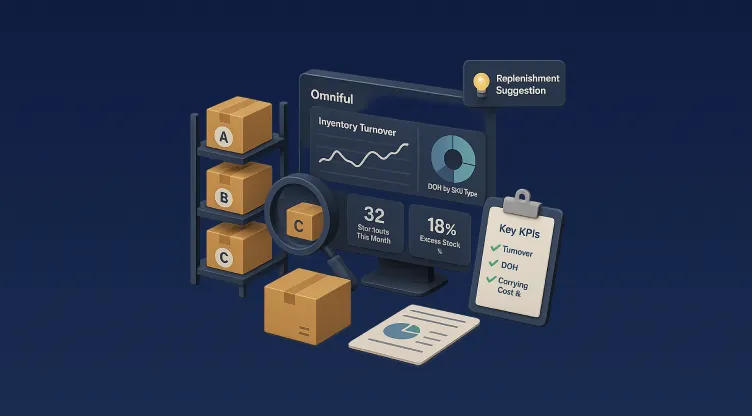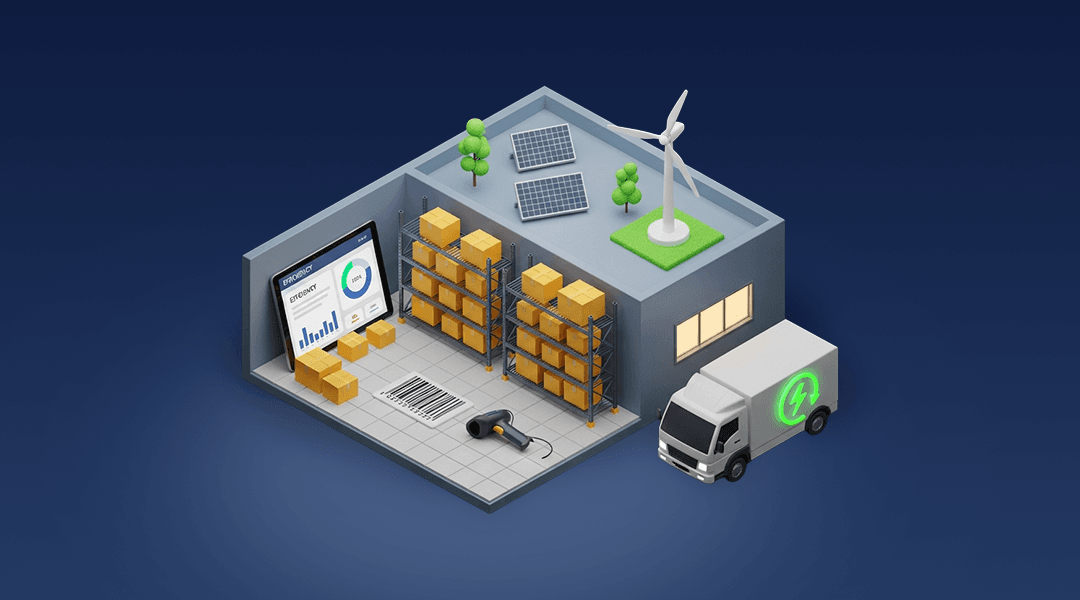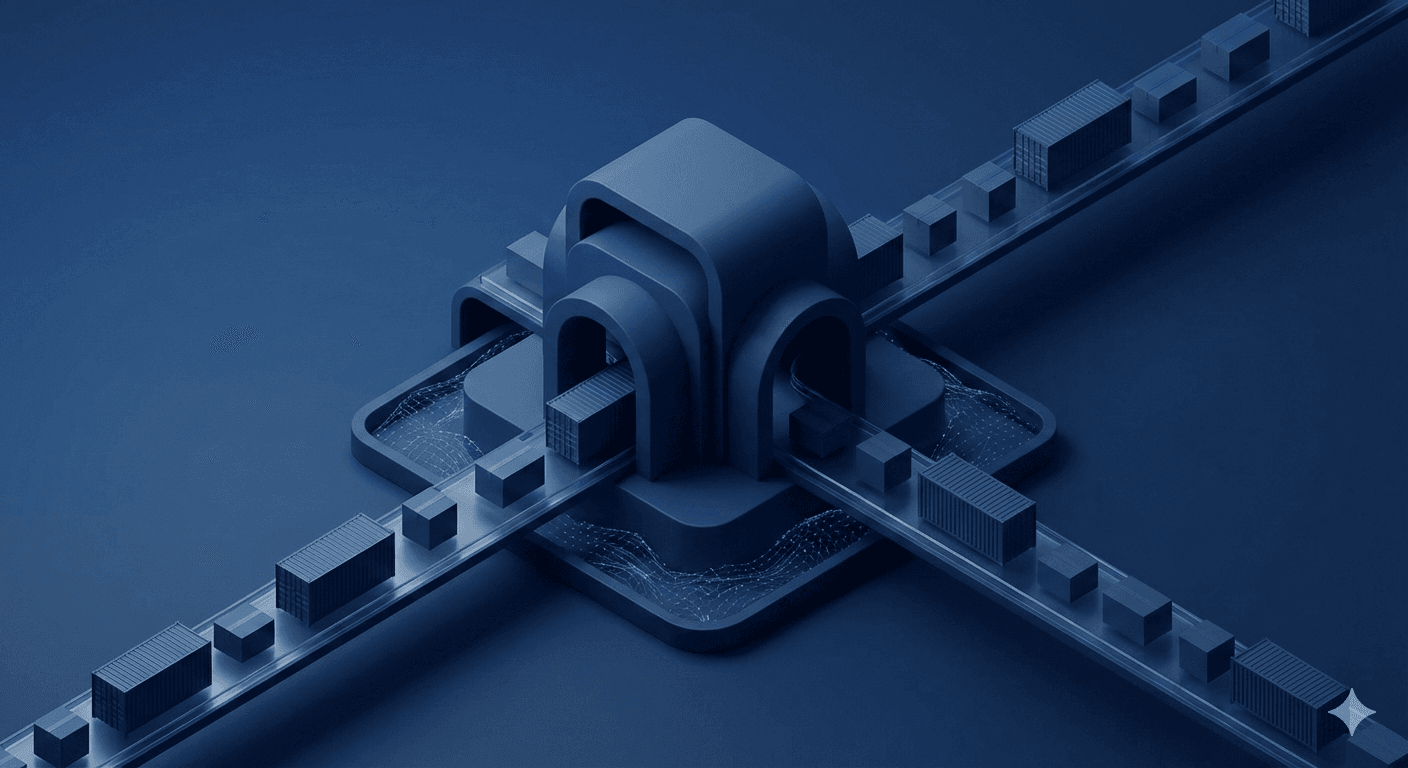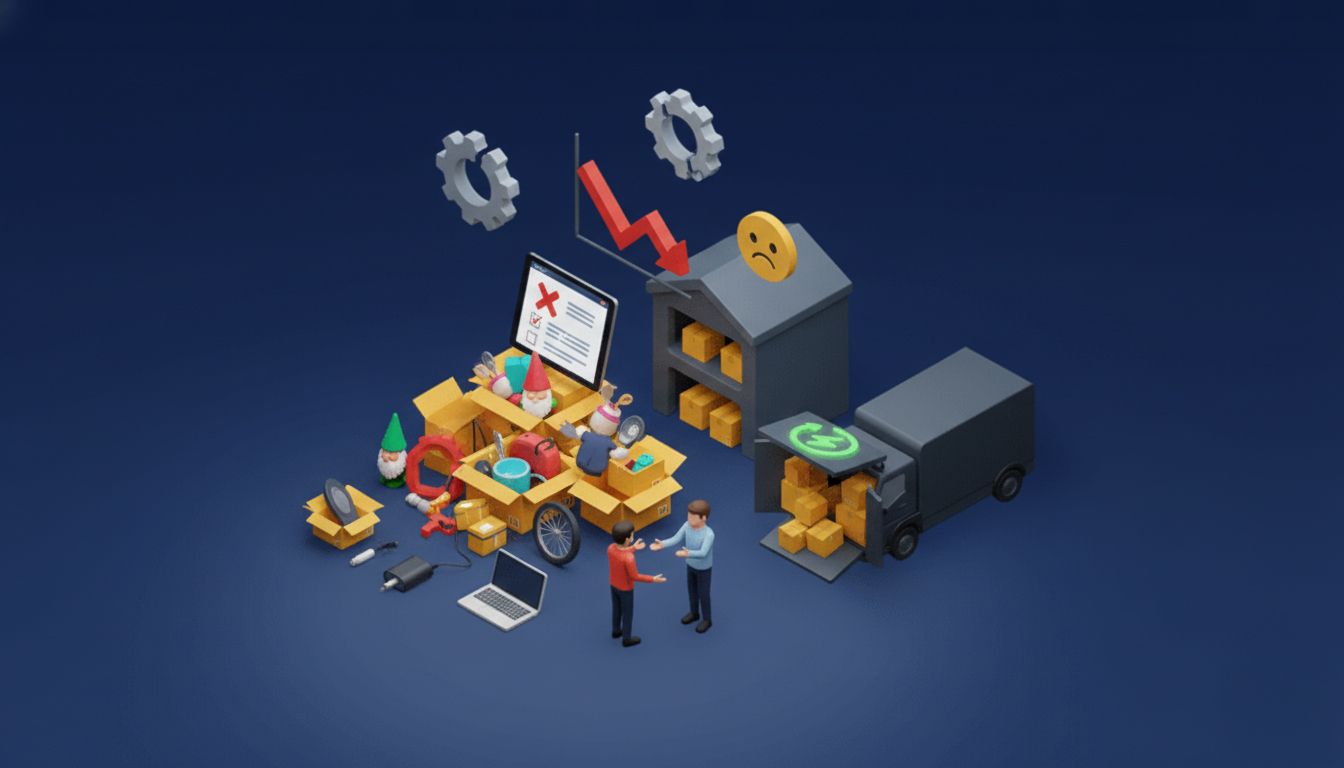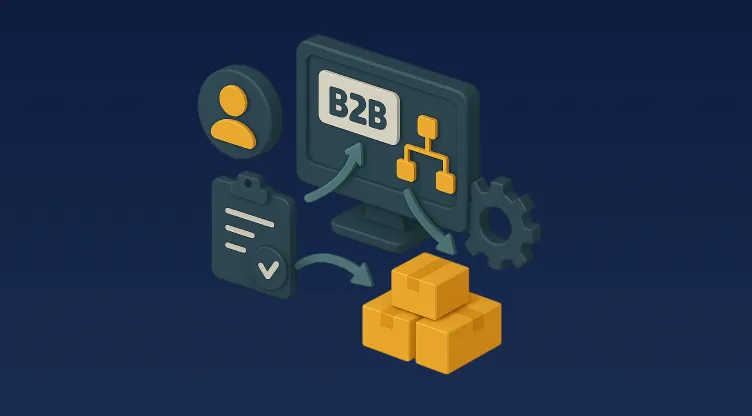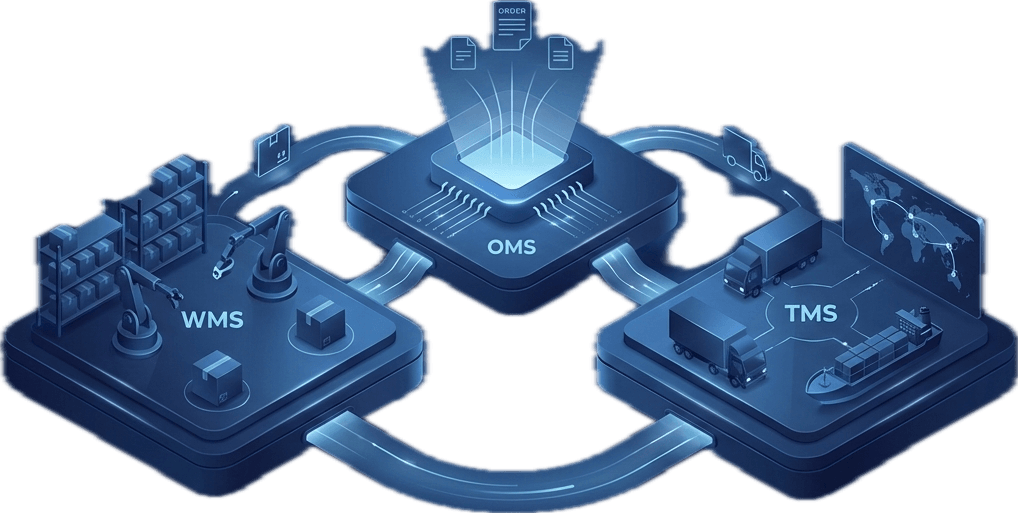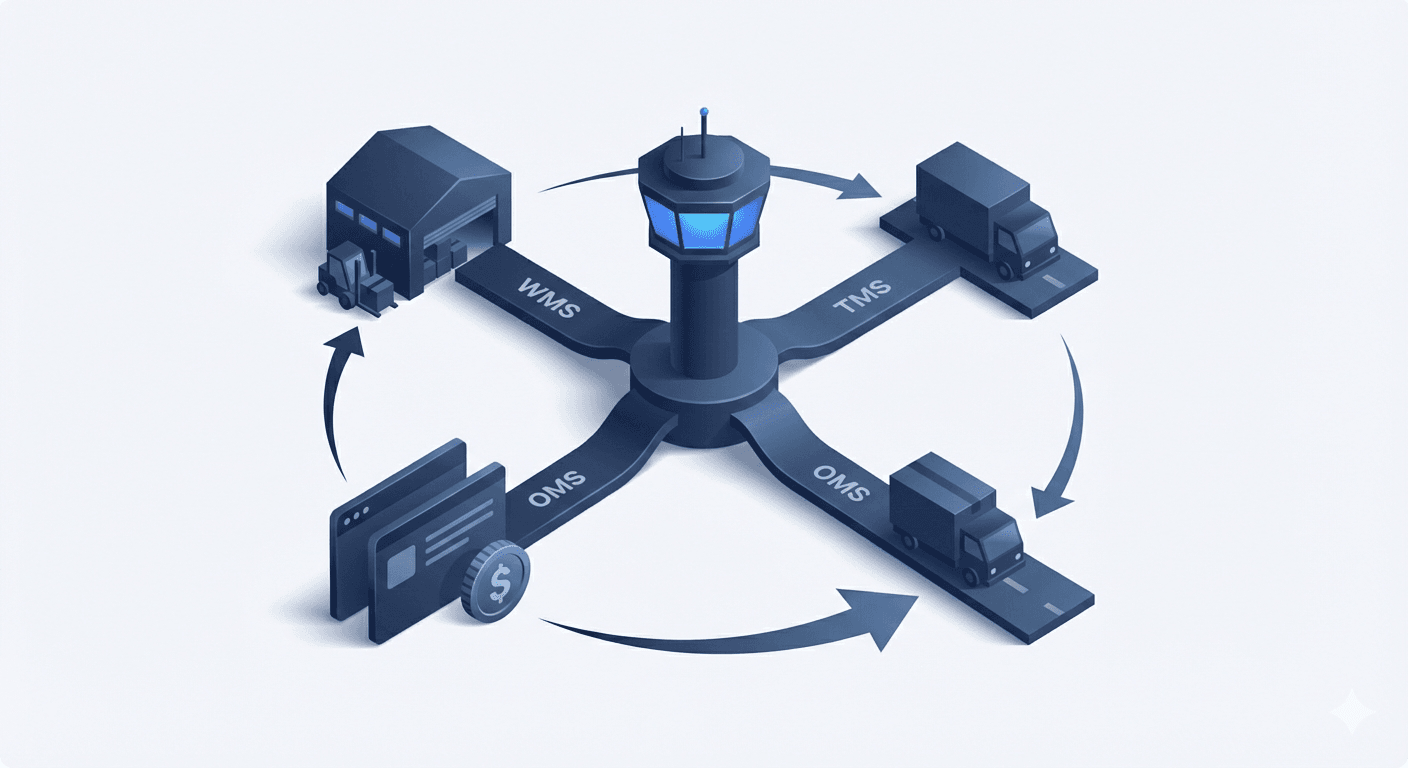ERP for Manufacturing: Handling BOM, Production Schedules, and Stock in a Single System

Table of Contents
Quick Bytes for Manufacturing Efficiency
Before diving in, here are the key points you'll discover:
- How a single ERP system can handle BOM, production schedules, and stock management efficiently.
- The importance of real-time visibility for manufacturing operations.
- The benefits of integrated ERP systems for cost control and operational excellence.
- Why choosing the best ERP software is crucial for manufacturing growth.
Introduction: The Manufacturing Challenge
Manufacturing is a complex dance. It involves raw materials, precise scheduling, skilled labour, and rigorous quality control. The stakes are high – a small misstep can lead to costly downtime or wasted resources. This is where ERP (Enterprise Resource Planning) systems come in, offering a centralised approach to managing these critical processes. But not all ERPs are created equal. For manufacturers, the ability to seamlessly handle BOM (Bill of Materials), production schedules, and stock in a single system is essential.
With rapid technological advancements and increasing competition, manufacturers must adopt smart systems to stay ahead. ERPs tailored for manufacturing provide the backbone for this efficiency, reducing manual effort, improving accuracy, and supporting scalable growth.
The Core Components of Manufacturing ERP
1. Bill of Materials (BOM) Management
BOM is the blueprint of manufacturing. It includes all raw materials, subassemblies, intermediate assemblies, and parts required to create a finished product. Managing BOM efficiently is crucial for cost control and quality assurance.
- Hierarchy and Structure: Multi-level BOM management ensures every component, from raw material to finished product, is accounted for.
- Version Control: Track changes in designs and component specifications to avoid production errors.
- Cost Analysis: Monitor material costs in real-time to prevent overspending.
- Integration with Inventory: Ensure accurate stock levels by synchronising BOM data with inventory records.
For a robust BOM solution, manufacturers can benefit from integrating their ERP with a Warehouse Management System (WMS) to streamline inbound and outbound material flows.
2. Production Scheduling
Efficient production scheduling is the heart of a lean manufacturing operation. It determines when and how production should happen to meet demand without excessive downtime or bottlenecks.
- Real-time Resource Allocation: Use ERP systems to assign labour, machinery, and raw materials dynamically.
- Automated Workflows: Reduce human intervention and errors by automating production tasks.
- Predictive Analytics: Use data-driven insights to forecast demand and adjust production accordingly.
- Capacity Planning: Ensure optimal use of manufacturing resources to reduce idle time.
- Scenario Planning: Test different production scenarios to prepare for demand spikes or supply chain disruptions.
An integrated ERP system can enhance this by leveraging Transportation Management Systems (TMS) for efficient material movement and scheduling.
3. Inventory and Stock Management
Efficient stock management reduces carrying costs and minimises waste. It is critical for maintaining production momentum.
- Real-time Inventory Tracking: Monitor stock levels in multiple locations, including raw materials, work-in-progress, and finished goods.
- Just-in-Time (JIT) Inventory: Reduce overhead by aligning production closely with demand forecasts.
- Automated Replenishment: Set stock thresholds to trigger automatic restocking.
- Batch and Lot Management: Improve traceability with precise tracking for compliance and quality control.
- Integration with Sales Channels: Ensure accurate inventory data for seamless order fulfilment and customer satisfaction.
Omniful's Inventory Management System provides robust support for multi-hub stock tracking and real-time synchronisation, ideal for complex manufacturing setups.
Why Integrated ERP is the Future for Manufacturers
Implementing a unified ERP system that covers BOM, production schedules, and stock management offers several advantages:
- Cost Savings: Reduce wastage and improve cost control.
- Efficiency: Automate repetitive tasks, freeing up human resources for strategic planning.
- Scalability: Easily expand operations without losing control over processes.
- Compliance and Quality Control: Ensure consistent product quality with integrated data management.
- Real-Time Decision Making: Access accurate, up-to-date information for better strategic planning.
Choosing the Right ERP for Your Manufacturing Needs
When selecting an ERP system, manufacturers should consider:
- Scalability and Flexibility: Can it grow with your business?
- Integration Capabilities: Does it connect seamlessly with other business tools like Order Management Systems (OMS) and Returns Management?
- Ease of Use: Is it user-friendly for both technical and non-technical staff?
- Cost: Does it fit within your budget without compromising on essential features?
Final Thoughts
ERP systems are the backbone of modern manufacturing. They provide the structure needed to manage BOM, production schedules, and inventory efficiently. As manufacturing becomes more digital, choosing the right ERP can be the difference between a thriving business and a struggling one.
FAQs
Q: What is a BOM in manufacturing?
A: A Bill of Materials (BOM) is a comprehensive list of raw materials, components, and assemblies required to manufacture a product.
Q: How does ERP help with production scheduling?
A: ERP systems provide real-time insights, automated scheduling, and resource allocation for efficient production management.
Q: Can ERP systems reduce manufacturing costs?
A: Yes, by optimising inventory, reducing wastage, and improving overall process efficiency.



